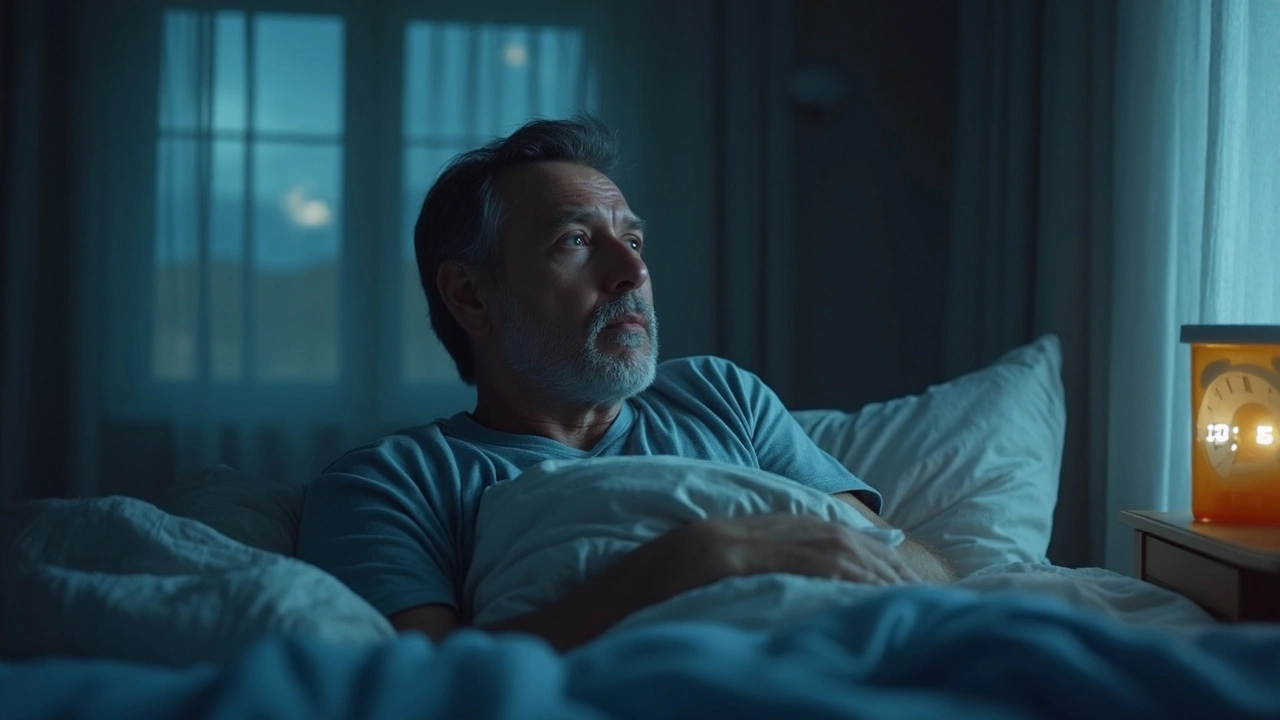Insomnia – What It Is and How to Fix It Tonight
Ever lie in bed scrolling and wonder why you can’t drift off? That’s insomnia in action. It’s more than just an occasional restless night; it’s a pattern that steals energy, mood, and focus. The good news? Most of the triggers are things you can spot and change without a prescription.
What Triggers Insomnia?
First, look at your routine. Caffeine after noon, late‑night screen time, and irregular bedtimes are top offenders. Stress and anxiety act like a volume knob, turning up brain activity when you should be winding down. Medical conditions such as asthma, acid reflux, or hormonal shifts also sneak in, especially for women dealing with menstrual changes. Even the bedroom environment matters – a room that’s too hot, bright, or noisy can keep the sleep switch off.
Simple Steps to Improve Sleep
Start with a “wind‑down” window. Switch off phones and laptops at least 30 minutes before bed, and dim the lights to cue your body that night is coming. A short stretch or breathing exercise can lower heart rate fast. Keep the bedroom cool (around 65 °F) and reserve it for sleep only – no work or TV. If you can’t fall asleep after 20 minutes, get up, do a quiet activity, and return when you feel sleepy. Consistency is key: go to bed and wake up at the same time every day, even on weekends.
When lifestyle tweaks aren’t enough, over‑the‑counter options like melatonin can help reset your internal clock, but they work best combined with good sleep hygiene. Prescription meds are a last resort and should be discussed with a doctor, especially if you have underlying health issues.
On The Tricky Hunt, our insomnia tag gathers articles that dive deeper into specific causes and treatments. You’ll find guides on how certain medications – from antihistamines to blood pressure pills – can disturb sleep, and tips on choosing safe online pharmacies if you need a sleep aid. Browse the list below to see which topics match your situation, and start applying the practical advice right away.
Remember, a good night’s sleep isn’t a luxury; it’s a foundation for a healthier day. Try one change tonight, track how you feel tomorrow, and keep adjusting until you find the routine that lets you finally turn off the lights and drift off with ease.
- By Leona Ashfield
- Health
- 11 Comments
Topiramate and Sleep: Effects, Side Effects, and Best Tips
Discover the surprising ways topiramate can affect sleep, from causing insomnia to triggering vivid dreams. This guide digs into real research, common experiences, and what you can do if your sleep changes after starting topiramate. Get practical tips on managing side effects and improving your night's rest. Find out why topiramate doesn't always play by the rules when it comes to sleep. Real talk, clear facts, and advice you can actually use.
